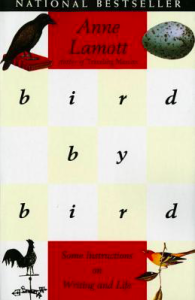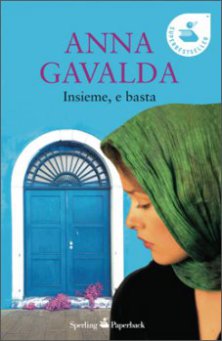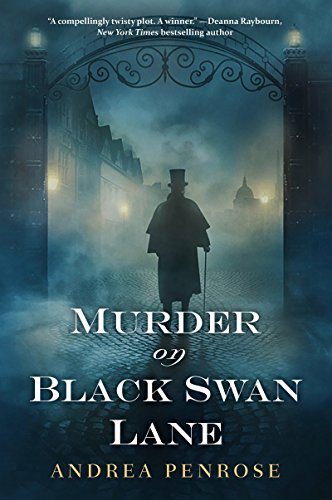 Post-apocalyptic is big–and I’m cool with that. I mean, Mad Max is awesome, right? Usually, post-apocalyptic fiction and media looks the same. Hard. Gritty. Violent. Blind guys strapped to cars playing insane guitars during chase scenes. But Emily St. John Mandel tried something different in today’s review: Station Eleven. It’s a genteel apocalypse. But does the book lose something in that shift in perspective, or is it a Fury Road of a different sort? Let’s find out!
Post-apocalyptic is big–and I’m cool with that. I mean, Mad Max is awesome, right? Usually, post-apocalyptic fiction and media looks the same. Hard. Gritty. Violent. Blind guys strapped to cars playing insane guitars during chase scenes. But Emily St. John Mandel tried something different in today’s review: Station Eleven. It’s a genteel apocalypse. But does the book lose something in that shift in perspective, or is it a Fury Road of a different sort? Let’s find out!
A horrifying flu has wiped out 99% of the world’s population in a matter of days. This is the story of a troupe of musicians and actors who travel around the Midwest and perform for the survivors.
But it starts during a production of King Lear, where an aging actor dies on stage. From this launching-off point the rest of the book deals with characters whose lives intersect around this troupe, and how they deal with the changed world around them. And, of course, there’s a PROPHET, because what post-apocalyptic world is complete without a PROPHET?
We’re made aware early on that all of these stories and characters are connected, and as the book proceeds, the connections tighten. As soon as I realized that, it was easy to work out who the PROPHET was, so that removed some of the wonder for me.
It feels strange when my opinion of a book is so different from the rest of the world. Station Eleven has received accolades galore. The Washington Post’s Ron Charles gave it 5 stars, and said it was one of the best books of 2014. The rest of my friends who have read it all gave it at least 4 stars.
So what did I miss? Why was it just “okay” to me? I consider myself an open and careful reader. The writing was strong, but I didn’t find myself caring about these people. Or their situation. Or their desire to doggedly hold onto this piece of our old civilization. David Brin tried that in The Postman and he was vilified for it. Why is it okay here? Because it’s the arts, and therefore more “civilized”?
I wonder if this book has been the beneficiary of the Atwood Effect. (I just made that term up.) When a genre piece is written by a “legitimized” author, it’s celebrated and becomes okay to read–even if you’d normally not “slum it” in those geeky wastelands.
“Want to read this post-apocalyptic book?”
“Of course not. I hate that Stephen King crap.”
“It was written by an award-winning staff writer for The Millions, who studied dance in college and moved from Canada to New York City.”
“Oh. Well, I guess I can give it a try. Oh, look at this lovely writing. It’s about the arts! Yay arts!”
But you may like it. Everyone else on the planet does, so let’s assume the problem lies with me…





